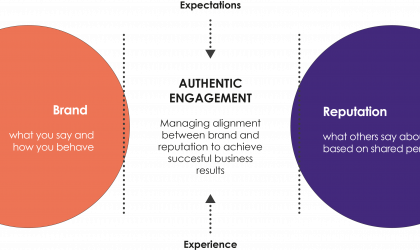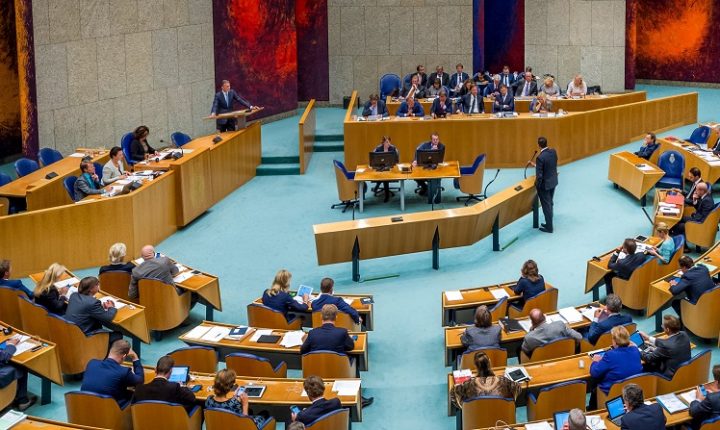In short, companies would be well advised to take a great leap forward. Come up with solutions that make your company more sustainable, commit customers and suppliers to your goals, and encourage discussions about sustainability in your industry. Communicate to your stakeholders – customers, employees, chain partners, government and politics – about what you are doing. But also tell them what your dilemmas are, and what you cannot (yet) change in the area of sustainability. This creates sympathy and contributes to consumer and political understanding of your situation. Companies that do this well reduce the gap between expectations and performance, and will therefore undoubtedly score better in the next Authenticity Gap survey.



